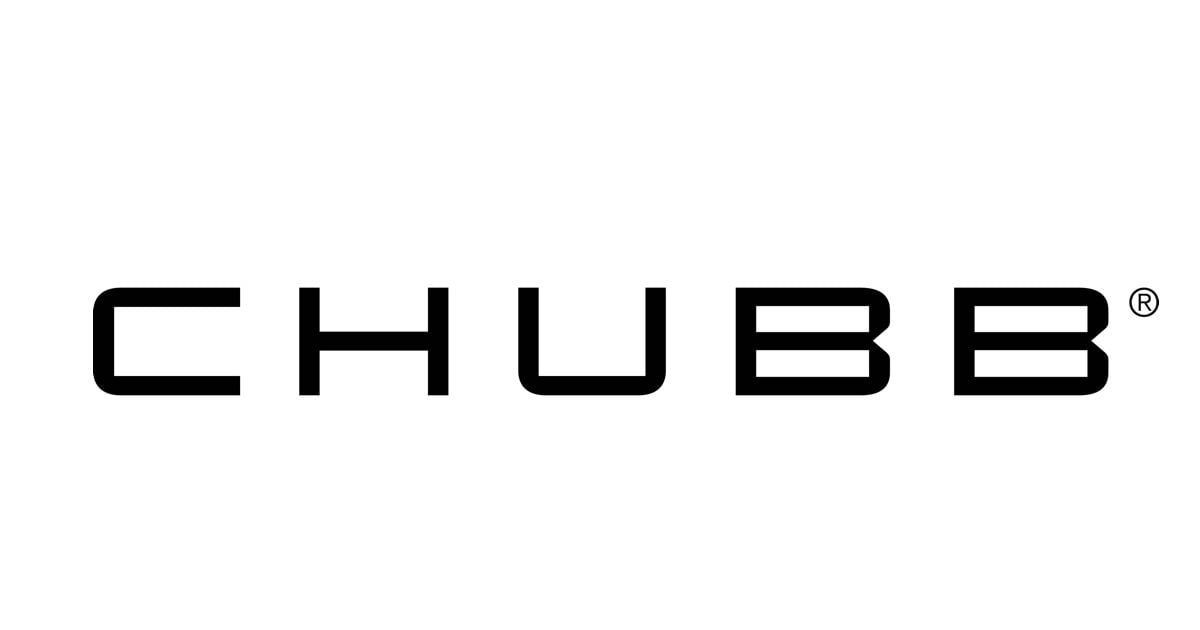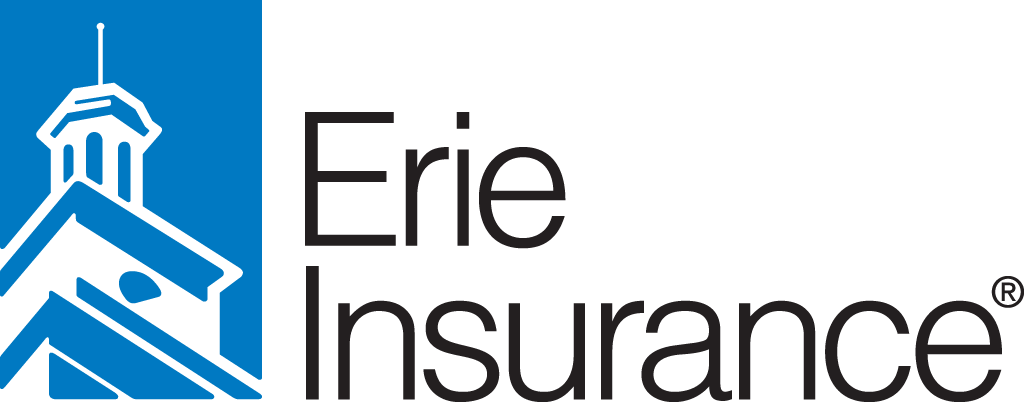Key takeaways
Chubb and USAA received the highest ratings in our analysis of home insurers in Indiana.
Cincinnati Insurance is the best cheap insurer in Indiana, with a star rating of 4.7 and an average annual premium of $1,575.
Chubb and USAA are the best home insurance companies in Indiana, according to our analysis.
To help you find the best home insurance in Indiana, we gathered and analyzed data from insurance companies across the state. These are the insurers that earned 4.6 stars or more.
Rates are based on a sample homeowner with no recent claims, $300,000 of dwelling coverage, $300,000 of liability coverage and a $1,000 deductible.
Company | NerdWallet star rating | Average annual rate |
|---|---|---|
Not available | ||
Not available | ||
$1,575 | ||
$2,185 | ||
Not available | ||
$3,100 | ||
USAA* | $2,075 | |
*USAA membership is open only to active military, veterans, some federal employees and their families. | ||
Get home insurance quotes in minutes
Answer a few questions to see custom quotes and find the right policy for you.The best home insurance companies in Indiana
Here's more information about the best homeowners insurance companies in Indiana.
Note: Some insurance companies included in this article may have made changes in their underwriting practices and no longer issue new policies in your state.

Chubb
- Far fewer consumer complaints than expected for a company of its size.
- Standard coverage includes features that many companies offer only as extras.
- Perks to help you protect your home.
- Most consumers can't get a quote online and will instead need to contact a local agent.
Chubb caters to affluent homeowners, offering coverage that often costs extra from other insurers. For example, the company’s policies include extended replacement cost coverage for the structure of your home. This coverage is useful in case it costs more than expected to rebuild after a disaster. Chubb’s standard policies also cover water damage from backed-up sewers and drains.
Policyholders may be eligible for the company’s HomeScan service, which uses infrared cameras to look for problems behind the walls of your home.
» READ MORE: Chubb homeowners insurance review

Amica
- High customer satisfaction ratings and low consumer complaints.
- Platinum Choice package offers extra coverage.
- Dividend policies can return a portion of your premiums.
- You can start a quote online but may have to finish the buying process by phone.
Amica shines when it comes to customer service. It earned high marks in two recent J.D. Power surveys about home insurance and customer satisfaction. Amica also gets far fewer complaints compared to other insurers, according to the National Association of Insurance Commissioners.
The company offers a broad range of coverage options. For example, you can customize your policy with extra coverage above your dwelling limit. This could be useful in case your house costs more to rebuild than expected. You may also want to add coverage for identity theft or damage from backed-up drains.
» READ MORE: Amica homeowners insurance review

Cincinnati Insurance
- Various coverage options.
- Far fewer complaints than expected for a company of its size.
- Coverage available for higher-value homes.
- No online quotes.
- Very little information on website.
If you want to support companies that value sustainability, consider Cincinnati Insurance. In recent years, the insurer has reduced fossil fuel emissions from both its facilities and company vehicles. When you buy Cincinnati home insurance, you may be able to add a “green upgrade” endorsement. With this coverage, you can use eco-friendly materials to repair or rebuild your home after a claim.
The company offers a variety of other options, including comprehensive coverage for high-value homes. You may be able to add coverage for things like identity theft, personal cyber attacks or certain types of water damage.
» READ MORE: Cincinnati homeowners insurance review
State Farm
- User-friendly website.
- Agents offer personalized service.
- Policies generally include extra coverage for your home’s structure.
- Below average for claim satisfaction in a recent J.D. Power study.
State Farm stands out for its long list of coverage options. You may be able to add coverage for things like identity theft and water damage from backed-up drains. Another option may be to add an inflation guard rider to your policy. This automatically increases your policy limits to keep up with rising costs.
Another highlight is that State Farm’s policies generally include extra dwelling coverage.
State Farm offers a free Ting smart plug to home insurance policyholders as a perk. This device monitors your home’s electrical network to help prevent fires.
» READ MORE: State Farm homeowners insurance review

Country Financial
- Far fewer complaints than expected for a company of its size.
- Many coverage options available.
- Can get an online quote but must finish the purchase over the phone.
Country Financial has a few levels of homeowners coverage to help you choose the package that’s best for you. You can add extra coverage for the structure of your home, broader coverage for your belongings or both.
Country Financial sells homeowners insurance through local representatives. The company receives far fewer complaints than expected, according to the NAIC.
» READ MORE: Country Financial homeowners insurance review

Erie
- Policies may include guaranteed replacement cost coverage.
- Receives fewer complaints than expected for a company of its size.
- High customer satisfaction ratings in recent J.D. Power studies.
- No online quotes.
Erie stands out by including guaranteed replacement cost coverage for the structure of your home in most of the states it covers. With this coverage, the company will pay to rebuild your home completely after a disaster, even if the amount exceeds your dwelling limit. Many insurers don’t offer this at all, even as an option.
If you bundle your home and auto insurance with Erie, you could get a discount of 15% or more. You may also be able to save on your premium if your home has safety and security features such as smoke alarms or sprinkler systems.
» READ MORE: Erie homeowners insurance review

USAA
- Policies include standard coverage that often costs extra elsewhere.
- Fewer customer complaints to state regulators than expected for a company of its size.
- Perks for military homeowners.
- Available only to active military members, veterans, some federal employees and their families.
USAA sells homeowners insurance to active military members, veterans, some federal employees and their families. If that’s you, you may want to consider USAA. The company offers some perks that are specific to members of the military, like deductible-free coverage for military uniforms and equipment.
USAA homeowners insurance has certain features that many insurers charge extra for. For example, USAA covers your personal belongings on a replacement cost basis. That means you’ll get enough money to buy brand-new replacements for damaged items. Many companies pay only what your items are worth at the time of the claim.
» READ MORE: USAA homeowners insurance review
- See all NerdWallet home insurance reviews
How much does homeowners insurance cost in Indiana?
The average annual cost of home insurance in Indiana is $2,495. That’s 18% more than the national average of $2,110.
In most U.S. states, including Indiana, many insurers use your credit-based insurance score to help set rates. Your insurance score is similar but not identical to your traditional credit score.
In Indiana, those with poor credit pay an average of $4,775 per year for homeowners insurance, according to NerdWallet’s rate analysis. That’s 91% more than those with good credit.
Average cost of homeowners insurance in Indiana by city
How much you pay for homeowners insurance in Indiana depends on where you live. For instance, the average cost of home insurance in Indianapolis is $2,760 per year, while homeowners in Fort Wayne pay $2,190 per year, on average.
City | Average annual rate | Average monthly rate |
|---|---|---|
Anderson | $2,560 | $213 |
Bloomington | $2,465 | $205 |
Carmel | $2,520 | $210 |
Columbus | $2,450 | $204 |
Crown Point | $2,390 | $199 |
Elkhart | $2,235 | $186 |
Evansville | $2,540 | $212 |
Fishers | $2,505 | $209 |
Fort Wayne | $2,190 | $183 |
Gary | $2,965 | $247 |
Goshen | $2,240 | $187 |
Greenwood | $2,525 | $210 |
Hammond | $2,650 | $221 |
Indianapolis | $2,760 | $230 |
Jeffersonville | $2,495 | $208 |
Kokomo | $2,210 | $184 |
Lafayette | $2,335 | $195 |
Mishawaka | $2,330 | $194 |
Muncie | $2,280 | $190 |
New Albany | $2,595 | $216 |
Noblesville | $2,500 | $208 |
South Bend | $2,300 | $192 |
Terre Haute | $2,610 | $218 |
Valparaiso | $2,660 | $222 |
West Lafayette | $2,375 | $198 |
The cheapest home insurance in Indiana
Here are the insurers we found with average annual rates below the Indiana average of $2,495.
Company | NerdWallet star rating | Average annual rate |
|---|---|---|
Buckeye | Not rated | $950 |
$1,575 | ||
$1,630 | ||
Wolverine Mutual | Not rated | $1,695 |
$1,970 | ||
Indiana Farmers | Not rated | $2,085 |
$2,185 | ||
$2,365 | ||
USAA* | $2,075 | |
*USAA membership is open only to active military, veterans, some federal employees and their families. | ||
Get home insurance quotes in minutes
Answer a few questions to see custom quotes and find the right policy for you.Common risks for Indiana homeowners
Here are some common risks you might face as an Indiana homeowner.
Severe weather
Home insurance usually covers most damage caused by severe weather throughout the year. For example, roof damage caused by falling trees or the weight of ice are both usually covered.
Be aware that wind and hail damage may have a separate deductible. It may be a flat rate, such as $1,000, or a percentage of your dwelling coverage. For example, your policy may have a $1,000 deductible for most claims and a 1% deductible for hail or wind claims. So if your house has $250,000 worth of dwelling coverage, you’d have to pay for the first $2,500 of hail damage yourself.
Flooding
Floods can cause extensive damage, and homeowners insurance won't usually cover it. You’ll need to buy flood insurance for that. Be aware that you can buy flood coverage anytime, but there’s typically a 30-day waiting period before the insurance takes effect. Learn how to find the best flood insurance.
To check your flood risk, start by looking up your address on the Federal Emergency Management Agency's flood maps. However, FEMA’s maps don’t always capture all types of flood risk. You may want to check another source, like First Street, a private company that models climate hazards. Enter your address at the top of the page to see your home’s flood risk rating on a scale of 1 to 10.
» MORE: Should I get flood insurance?
Earthquakes
Homeowners insurance typically doesn't cover damage caused by earthquakes, but there may be exceptions. For example, if a gas line dislodged by the earthquake starts a fire, the fire may be covered under your policy. Review your policy carefully to make sure you understand your coverage. If you live in an area with higher risk, you may want to consider earthquake insurance.
Sinkholes
Sinkholes are common in some parts of Indiana due to its karst geography, and they can significantly damage homes. Much like earthquakes, standard home insurance policies do not cover sinkholes. If you live in an area with sinkhole activity, you may want to consider additional coverage.
Indiana insurance department
The Indiana Department of Insurance oversees the state’s insurance industry and provides consumer protection. Its website has resources on homeowners insurance in Indiana, such as general information pamphlets on insurance protections and a guide to earthquake insurance.
You can file a complaint against your insurance company on the agency's website, by mail or via fax. If you have questions about filing a complaint or about Indiana insurance, call 800-622-4461.
How we rate homeowners insurance
NerdWallet’s star ratings reward companies for consumer-first features and practices. We evaluate factors such as consumer experience, coverage, discounts and financial strength.
In our research, we analyzed:
More than 270 million homeowners insurance rates.
More than 100 insurance companies.
Nearly 200 homeowner profiles.
View our complete homeowners insurance rating methodology.
- Find home insurance in other states
Frequently asked questions
Is homeowners insurance required in Indiana?
Is homeowners insurance required in Indiana?
Homeowners insurance isn’t legally required in Indiana, but your mortgage lender may require you to buy it. For more information, read Is Homeowners Insurance Required?
How can I save money on homeowners insurance in Indiana?
How can I save money on homeowners insurance in Indiana?
There are several ways to save money on homeowners insurance in Indiana:
Shop around to make sure you’re getting the best rate.
Choose a higher deductible. In case of any claims, you’ll pay more out of pocket, but your premiums will be lower.
Bundle your home and auto insurance for a lower overall rate.
Ask your insurer if you qualify for any home insurance discounts.
Star rating methodology
NerdWallet’s homeowners insurance ratings reward companies for customer-first features and practices. Ratings are based on weighted averages of scores in several categories, including financial strength, consumer complaints, coverage, discounts, claims process and website functionality. These ratings are a guide, but we encourage you to shop around and compare several insurance quotes to find the best rate for you. NerdWallet does not receive compensation for any reviews or star ratings.
Here’s how we weighted each category to come up with our list of the best home insurance companies:
Consumer experience (40%).
Financial strength (30%).
Coverage (25%).
Discounts (5%).
Read our full home insurance ratings methodology for more details.
Homeowners insurance rates methodology
NerdWallet calculated median rates for 40-year-old homeowners from various insurance companies in the 25 largest cities in each U.S. state by population. All rates are rounded to the nearest $5.
Sample homeowners were nonsmokers with good credit living in a single-family, two-story home built in 1984. They had a $1,000 deductible and the following coverage limits:
$300,000 in dwelling coverage.
$30,000 in other structures coverage.
$150,000 in personal property coverage.
$60,000 in loss of use coverage.
$300,000 in liability coverage.
$1,000 in medical payments coverage.
We made minor changes to the sample policy in cases where rates for the above coverage limits or deductibles weren’t available.
In states where credit is a rating factor, we changed the credit tier from “good” to “poor,” as reported to the insurer, to see rates for homeowners with poor credit.
These are sample rates generated through Quadrant Information Services. Your own rates will be different.
Complaint methodology
NerdWallet examined complaints received by state insurance regulators and reported to the National Association of Insurance Commissioners in 2022-2024. To assess how insurers compare with one another, the NAIC calculates a complaint index each year for each subsidiary, measuring its share of total complaints relative to its size, or share of total premiums in the industry. To evaluate a company’s complaint history, NerdWallet calculated a similar index for each insurer, weighted by market shares of each subsidiary, over the three-year period.
NerdWallet conducts its data analysis and reaches conclusions independently and without the endorsement of the NAIC. Ratios are determined separately for auto, home (including renters and condo) and life insurance.

